Will these work as fertilizer?
montyburns
19 years ago
Related Stories

GARDENING GUIDESGet on a Composting Kick (Hello, Free Fertilizer!)
Quit shelling out for pricey substitutes that aren’t even as good. Here’s how to give your soil the best while lightening your trash load
Full Story
GARDENING GUIDESHow to Keep Your Citrus Trees Well Fed and Healthy
Ripe for some citrus fertilizer know-how? This mini guide will help your lemon, orange and grapefruit trees flourish
Full Story
GARDENING GUIDESCommon Myths That May Be Hurting Your Garden
Discover the truth about fertilizer, soil, staking and more to keep your plants healthy and happy
Full Story
GARDENING GUIDESHow to Switch to an Organic Landscape Plan
Ditch the chemicals for a naturally beautiful lawn and garden, using living fertilizers and other nontoxic treatments
Full Story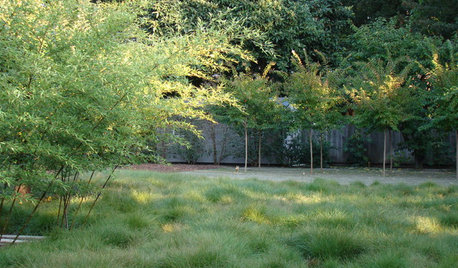
LANDSCAPE DESIGNA Guide to the Grasses Available for Nontraditional Lawns
New grass mixes are formulated to require less water and less fertilizer
Full Story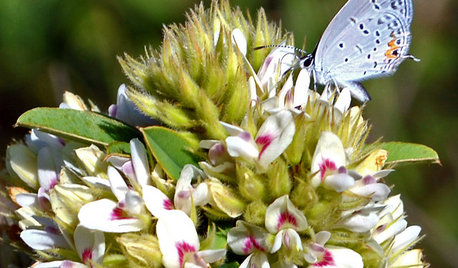
GARDENING GUIDES5 Prairie Wildflowers That Can Heal Your Soil
Get free, organic soil fertilizer with nitrogen-pumping plants that draw pollinators too
Full Story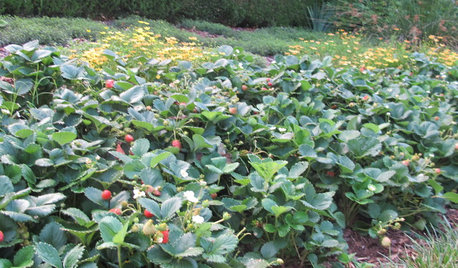
REGIONAL GARDEN GUIDESSoutheast Gardener's September Checklist
Fertilize strawberries, plant a tree or two and beckon hummingbirds to your Southern garden this month
Full Story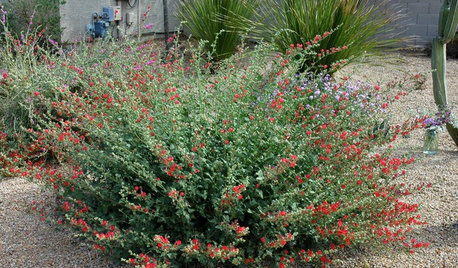
GARDENING GUIDESSouthwest Gardener's February Checklist
Orange you glad for a citrus-fertilizing reminder? And don't forget the recommended doses of vegetable seeds and cold-hardy flowers
Full Story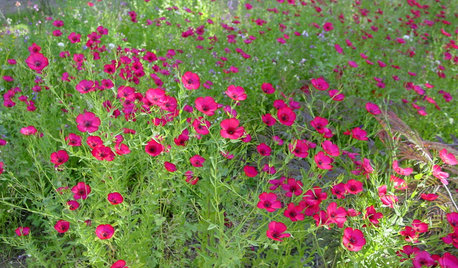
GARDENING GUIDESSouthwest Gardener's August Checklist
Manage monsoon effects, remember to fertilize and don't let the heat deter you from planting for fall
Full Story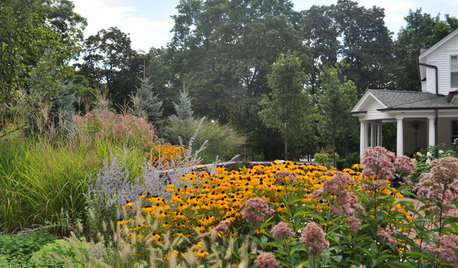
GARDENING GUIDESPacific Northwest Gardener: What to Do in September
Put in cool-weather veggies, fertilize your lawn and tidy the garden this month before chilly weather arrives
Full Story





grungy
terran
Related Professionals
Seabrook Landscape Architects & Landscape Designers · Manchester Landscape Contractors · Bethel Park Landscape Contractors · Cary Landscape Contractors · Holtsville Landscape Contractors · Cave Spring Decks, Patios & Outdoor Enclosures · Cary Decks, Patios & Outdoor Enclosures · Fishers Decks, Patios & Outdoor Enclosures · Greeley Decks, Patios & Outdoor Enclosures · Greendale Decks, Patios & Outdoor Enclosures · Kyle Decks, Patios & Outdoor Enclosures · Northglenn Decks, Patios & Outdoor Enclosures · Rosemont Decks, Patios & Outdoor Enclosures · St John's Kirk Decks, Patios & Outdoor Enclosures · Kirkland Siding & Exteriorsdoctordon
vgkg Z-7 Va
effnc
jimster
bobcat